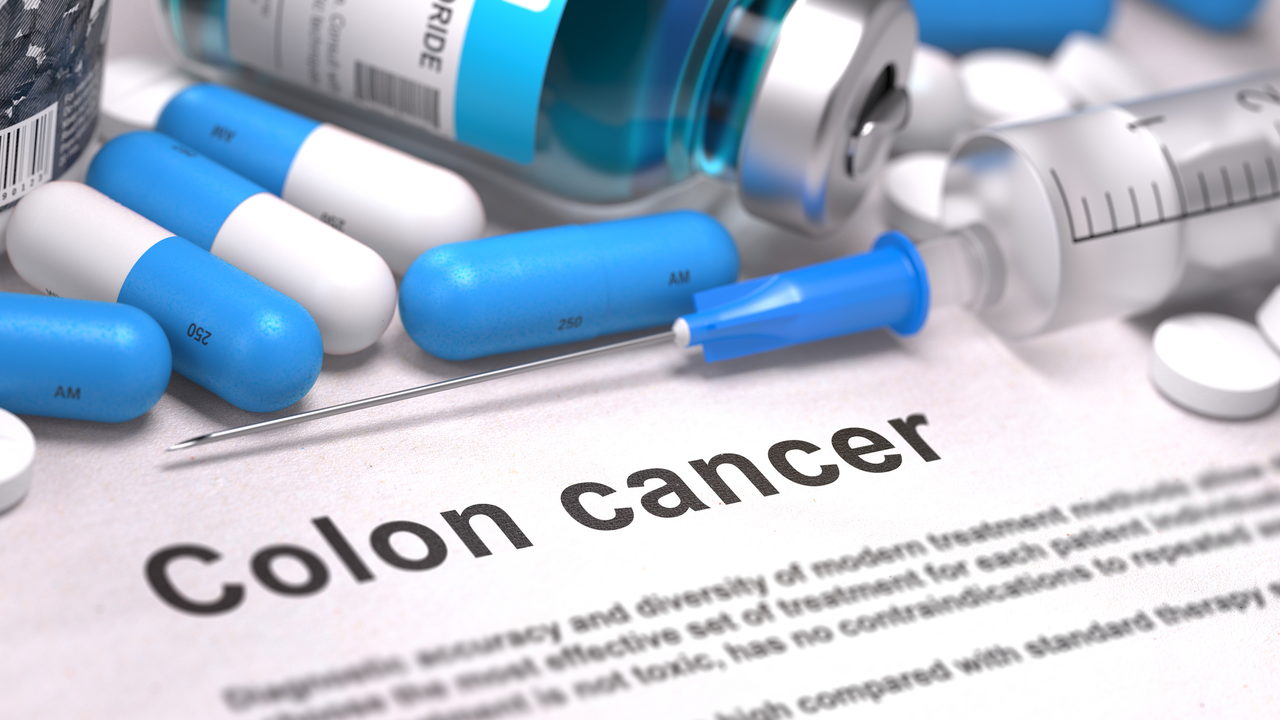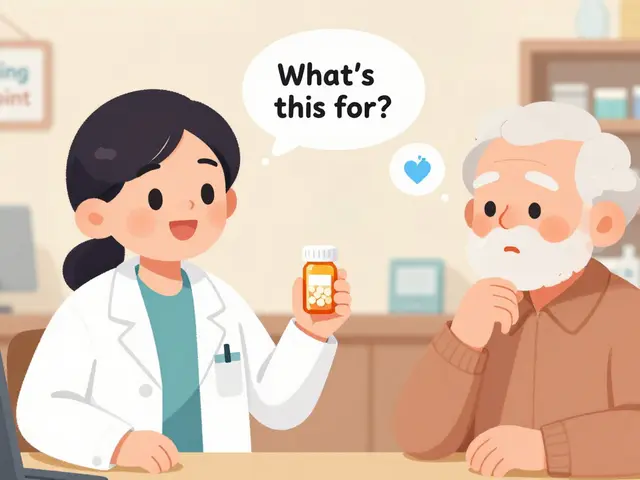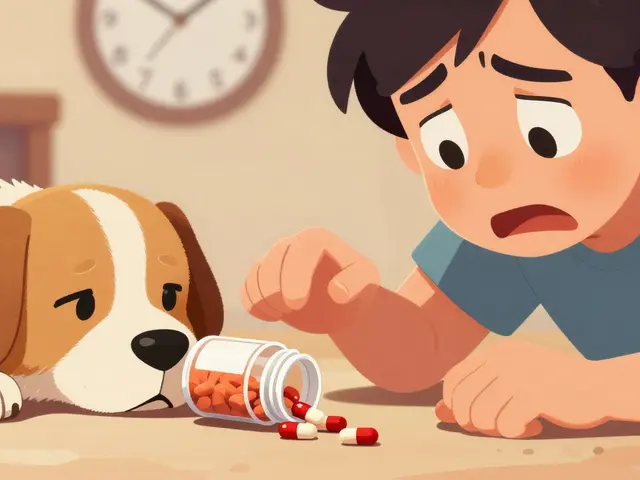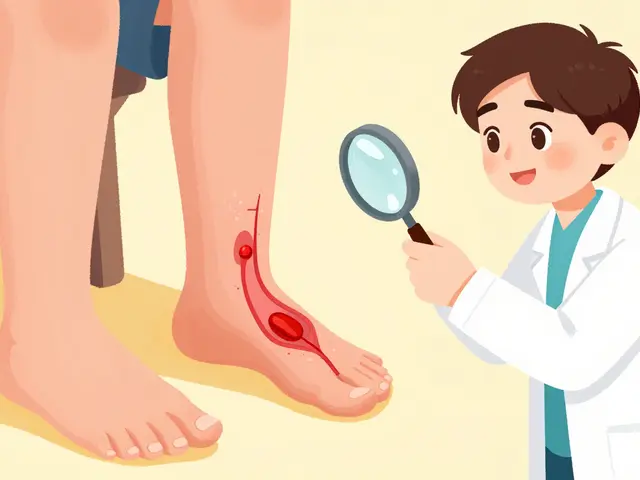Cancer-related infections: what to watch for and what to do
Cancer and its treatments can weaken the immune system, and that makes infections more likely. Some infections are minor, but others can be life‑threatening if ignored. This page pulls together clear, practical advice on common causes, red flags, and easy steps patients and caregivers can use every day.
Why infections happen
Chemotherapy, some targeted drugs and steroids lower white blood cells, especially neutrophils. Low neutrophils (neutropenia) cut your body’s first line of defense. Central lines, ports, surgery wounds, and damaged mucous membranes (like mouth sores) also give bacteria, fungi or viruses a way in. Older age, diabetes, and poor nutrition raise the risk further.
Common infections and typical signs
Watch for fever, even a small one. For people with neutropenia, a temperature of 38°C (100.4°F) or higher is an emergency. Other signs include chills, new cough, shortness of breath, painful urination, diarrhea, mouth sores with red or white patches, swollen or tender skin around a catheter, or drainage from a wound. Viral reactivations (herpes, shingles, CMV) often cause painful blisters or persistent tiredness.
Fungal infections can start quietly — a persistent cough, sinus pain, or unexplained fever that doesn’t respond to antibiotics. Catheter-related infections usually cause redness, swelling, or pus at the insertion site and sometimes fever without other symptoms.
Practical prevention tips
Good hand hygiene is the single most effective step: wash hands or use alcohol hand rub before eating, after bathroom use, and after visitors. Avoid crowded places and people who are sick during periods of low counts. Clean and care for central line sites exactly as your care team shows you; never let non‑sterile people change dressings. Keep oral care simple but regular—gentle brushing, alcohol‑free mouth rinses, and report new sores right away.
Vaccines help, but timing matters. Flu and pneumococcal vaccines are often recommended — ask your oncology team when to get them. Live vaccines are usually avoided during active treatment. Some patients receive short courses of preventive antibiotics or antifungals; that decision is individualized by your doctor.
Know when to act fast: neutropenic fever, severe breathing trouble, sudden confusion, uncontrolled bleeding, or signs of sepsis require immediate medical attention. For milder problems, call your oncology clinic — they can advise whether to come in, get tested, or start an outpatient treatment.
Keep a simple checklist: daily temperature log, skin and mouth checks, clean hands, avoid sick contacts, and know your emergency number. These small steps reduce risk and help catch problems early.
If you want, use this tag to find detailed articles on specific infections, drug safety, catheter care, and when preventive medicines are useful. Your care team is the best source for choices that fit your treatment plan and health history.
The potential use of ampicillin in treating cancer-related infections
In my latest research, I've delved into the fascinating topic of using ampicillin, a commonly used antibiotic, in treating cancer-related infections. It's intriguing to see how this versatile drug could potentially be repurposed to fight the infections that often accompany cancer. Ampicillin's ability to hinder bacterial cell wall synthesis could be key to this new role. However, it is important to remember that more research is needed before we can fully understand and apply this potential use. Let's stay tuned and hopeful for further developments in this exciting field.
Read More





